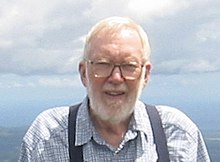FEMININITY, NARRATIVE AND PSYCHOANALYSIS
Juliet Mitchell
[ This post is an attempt to explain the essay to undergraduate students of Indian Universities. ]
Dr. S. Sreekumar
Juliet Mitchell——a brief biographical note
Juliet Mitchell
was born in New Zealand in 1940. Later her family moved to London. She read
English at Oxford and taught at the universities of Leeds and Reading. In the
1960s, Mitchell was actively involved in politics and was on the editorial
committee of the journal, New Left Review.
In 1974 she published Psychoanalysis and
Feminism and subsequently trained at the institute of Psychoanalysis. At
present she works as a psychoanalyst in London.
Feminism and Psychoanalysis——certain issues

